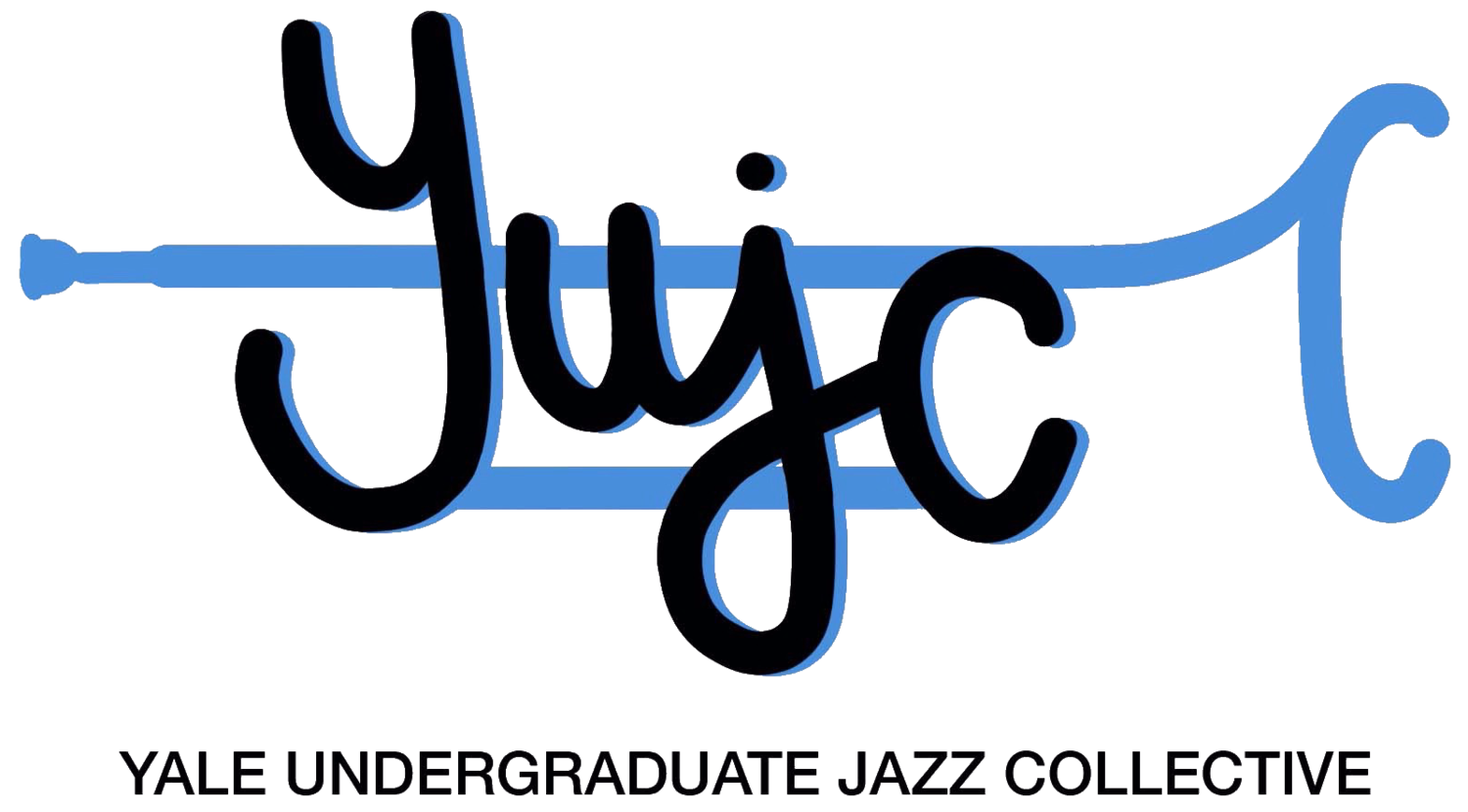Jazz Greats
I gave up on Jazz when I was 16. I’ve only just recently come to a place where I feel I can begin to make my return to it. Still, I hesitate. No one is deliberately barring my entry into Jazz spaces, yet still, I hesitate. I’m reminded of my earliest days of playing music, in which I would almost always come in late, not sure if it was my time yet. But it’s time. For women and LGBTQ people to enter Jazz, the only time better than today was yesterday.
My middle school in rural Colorado had less than a dozen kids that were interested in playing music. You can’t really make a concert band with that, but you can play Jazz. So Mr. Saletta taught us to play Jazz. As best as a group of middle-schoolers could, we jammed. We got a bit funky. I gained a lot of confidence in myself, both as a musician and a person. The saxophone became integral to who I was, in my own eyes and in the eyes of people that knew me. And there has been a seed of love for Jazz in my heart ever since.
Because this was a band formed almost by default, we were a diverse group. Over half of us were not men. Aside from one joke when I first said I wanted to play the Bari Sax, I don’t remember ever thinking it was odd I would be playing Jazz. That didn’t last.
When I was fourteen my father and I moved to Texas, partly so I could take advantage of a stronger music scene. My heart was set on music – I thought I’d spend the rest of my life studying it. I didn’t envision any college future that didn’t involve playing saxophone, and thus every future I envisioned was filled with Jazz. But that didn’t last.
I cajoled my grandparents and father into collectively sending me to a Jazz camp at the University of Texas for a week in the summer between Sophomore and Junior years. I kind of wish I never went. There was a team of three professors and eight grad students teaching us. All of them were men. There were twenty campers. Out of twenty, only two of us identified as women.
The camp broke my heart a little bit. I had an anxiety attack during auditions and they sorted me into the lowest-skill group. My confidence, everything I had built up around the idea that I play Jazz, deflated. The campers barely talked to me—the other girl at the camp had managed to solidify herself as a bro. I was alone.
Desperate, I stayed after one of the camp sessions to ask one of the professors what I needed to do to improve my playing. He said what others had said to me, “You’ve just gotta listen to the greats.” His list of great saxophonists were, without exception, male.
Look, I’m not a great saxophonist. I’m tolerable to listen to on a good day. But my point is that I, like so many young jazz people who aren’t men, never got the chance to even imagine that I could be. The few women jazz musicians I was even introduced to were singers, and I’ve never fancied myself a singer.
The last day of camp, I asked a saxophone player from the grad school what I needed to do to get better when I got home. He looked at me with something I can only describe as disdain, even though I know he wasn’t intending that. He wasn’t meaning to be cruel. He had a perception of me, and that perception was that I had been struggling all week because I just hadn’t been really trying. I was wasting my time, and his.
And he said, more or less, “Look, kid, Jazz isn’t for everyone. You’ve gotta really love it to play. And you’re not exactly…well, you just aren’t good enough.” On the car ride home, trying not to let my father see I was crying, I quietly gave up on Jazz. I even stopped listening to it—because what was the fun in that, if I wasn’t going to ever be good enough.
I accepted, to myself before I told anyone else, that I needed to go get really good at writing, so I could do that in college. Not that there isn’t sexism in the world of literature, but I could at least name women who were doing what I wanted to do. Now, as a writer, I have finally found the words to assert what I needed to say years ago.
Jazz is for everyone who wants Jazz.
Or, at least, Jazz should be for everyone who wants Jazz. It’s going to take a concerted, educational effort to change the landscape, the perceptions. So I’m not giving up on Jazz. If not for myself, for the women and the queer people that come after me. I’m imagining, if only in my dreams, that with enough time and practice I could be as great as any other saxophonist.
A list won’t change the world of Jazz, but here are some Jazz greats to listen to. Here is the list I wish I had gone home and made for myself when I was 16:
“Jazz Greats”, a playlist, by Eli White
*Concept for sketch cover art credited to Kim Lagunas

